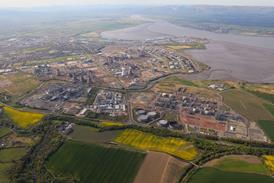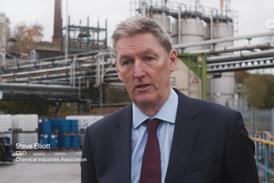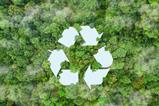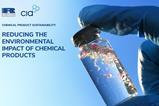In pursuit of a sustainable chemical sector, we seek a vision aligned with our members’ expectations and which moves along the same trajectory as the rapidly evolving socioenvironmental landscape that influences industry. Conducting a materiality assessment has enabled us to better understand the material aspects most significant to our members and their various stakeholders. This has facilitated discussions with members to highlight the risks and opportunities associated with different material topics. Consequently, it has enabled the development of an updated sustainability vision to determine how the CIA acts to improve sustainability in the chemical sector.
Process
Results
Prior to this 2022 update, the last materiality assessment was conducted in 2017. Nonetheless, many themes have continued to be of high significance. For example, occupational health, safety and wellbeing; energy and climate change; and emissions and environmental protection. That being said, several new topics have emerged. Green finance was an emerging topic with the material aspects circular economy and sustainable finance being much more prominent than in the previous assessment. This highlights a recognition that linear systems are outdated and that all facets of society must adapt to overcome the current climate crisis.
Another notable addition was that of digitalisation. It is interesting to note the wider calls for platforms to share data and best practices to facilitate economy-wide change in support of the UK’s environmental goals. Overall, we saw factors of social origin on equal footing to environmental ones, with new material aspects such as modern slavery, and indigenous and cultural rights gaining traction. We have incorporated these contributions into our sustainability vision to reflect the holistic interpretation of sustainability across our member companies.
Regarding the SDGs, those which have most relevance to the results of our materiality assessment are:
- SDG 3, ‘Good health and wellbeing’—including the unintended consequences of manufactured products;
- SDG 8, ‘Decent work and economic growth’—specifically in regard to the welfare of employees;
- SDG 13, ‘Climate action’; SDG 14, ‘Life Below water’; SDG 15, ‘Life on land’ relating to our physical environment and the many creatures who inhabit it; and
- SDG 17, ‘Partnerships for the goals’.
This is a CIA representation of our membership and is not specific to any single member. Given the diversity inherent in the UK chemical industry, not all material aspects will be relevant to each company.























